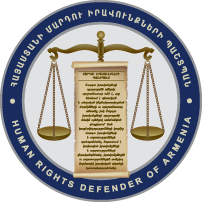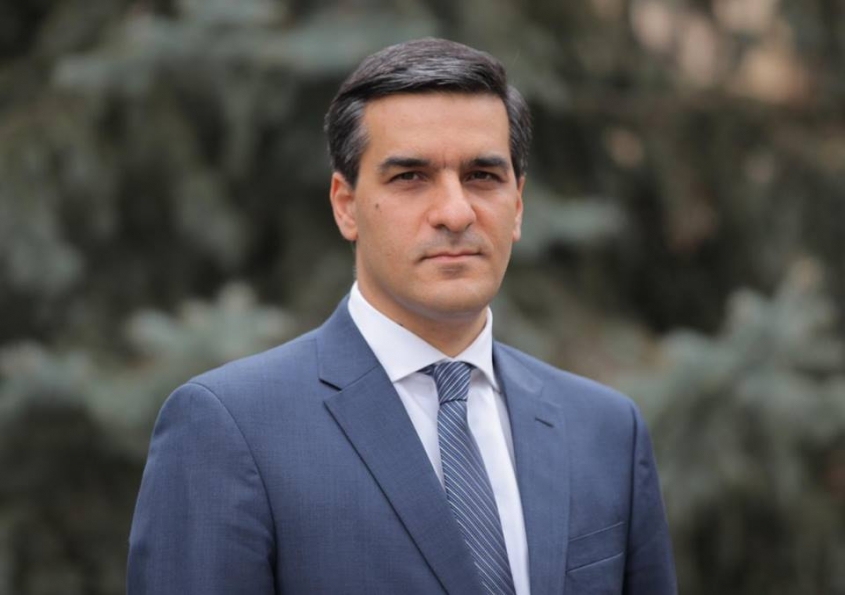1. Transitional justice is usually established in those countries where gross human rights violations occur as a result of criminal activities, including violent activities clashes and similar events. In such cases, the situation is distinguished because, as a rule, the system of fighting against crime and the judicial system do not function or are unable to secure proper administration of justice and the fight against crime in specific cases.
Transitional justice itself may imply concessions in the system of human rights. Consequently, high standards need to be applied in order to implement the transitional justice system in any country. Some examples of international attempts testify to its dangerous consequences for the rule of law, including the perspective of the long-term protection of human rights.
It is nonetheless important to consider the requirement of our country’s Constitution that the public power shall be limited by respect for the fundamental human rights and freedoms as directly applicable rights. Moreover, this requirement is protected by the absolute prohibition against making amendments.
In general, the international human rights protection system sets strict standards for the establishment and operation of the transitional justice mechanisms. The Human Rights Defender has initiated a comprehensive study on this issue.
2. With respect to courts, it is necessary first of all to state that the state power is exercised on the basis of separation and balance of power between the legislative, executive and judicial branches. This, in turn, implies absolute independence of the judiciary from the legislative and executive powers, as well as from any other body or person outside of them. It should be recalled that the court is not a crime-fighting body, but one that administrates justice.
The Armenian judiciary system certainly faces issues (e.g. external and internal independence of the judges, manifestations of corruption, the lack of public trust and confidence in the courts, the assurance of a fair trial). Moreover, complaints addressed to the Ombudsman reveal that there are cases when certain judges harm the reputation of the judicial system by their conduct. All these issues are the result of lessons unlearnt as well as the fact that no proper attention to the issues in the field was previously paid. All this issues are reflected in the reports of the Human Rights Defender.
Solution to the existing problems must be pursued consistently, including hard but only legal means.
During this process, the most important and the only commitment must be ensuring the high value of the independence of the judiciary, which has direct impact on the constitutional right to a fair trial. The constitutional direct requirement follows from the principle that state and local self-governing bodies and officials are required to abstain from actions which may harm or jeopardize the independence or reputation of the judiciary.
Throughout this process, the high value of the independence of courts and judges is ensured by the constitutional commitment of the Supreme Court Council.
Arman Tatoyan
The Human Rights Defender of Armenia



